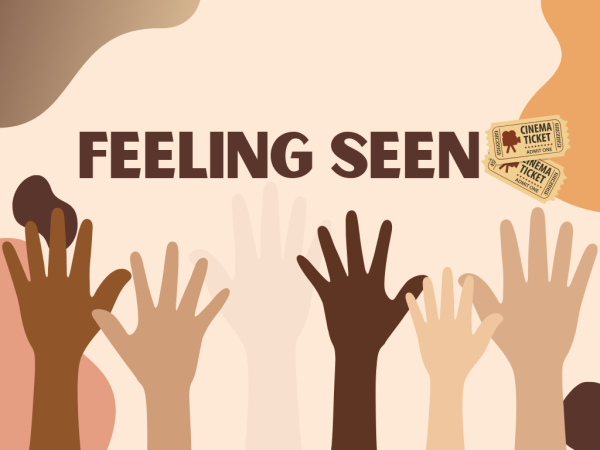Point/Counterpoint: New Year’s resolutions
For New Year’s resolutions: Caleb Wright
I used to think that New Year’s resolutions were lousy excuses to try and change something you don’t like about yourself, but in recent years, I realized they have actually worked for me and helped create change in my life.
This year, my New Year’s resolution has been to create habits that would better my mental health. So far, I’ve stayed consistent in creating healthy habits such as setting goals for myself and writing down things that I’m thankful for every day. This helps me begin each day on a positive note and sets me up for the rest of the day.
People assume that just because your resolution doesn’t fully work out, it’s useless to even make it in the first place. New Year’s resolutions, while not always successful, can at least get you in the mindset for change. Change gives you the realization that you have something that isn’t working for you and needs to be fixed.
New Year’s resolutions create opportunities for you to change like no other time in the year. This is not only a goal, but a reason to create change in your life.
Many people complain that New Year’s resolutions are ineffective, because they only last a short period of time and don’t stick. Those problems of goals never lasting are due to that person’s reluctance to stay motivated throughout the year. New Year’s resolutions can only do so much, the rest is up to the person to commit to what they are trying to achieve.
Against New Year’s resolutions: Madeline Rivera
“New year, new me” – a phrase that gets thrown around incredibly loosely.
A new year offers the opportunity to reflect on the past and better oneself through making New Year’s resolutions. However, the change sparked through writing a resolution must stem from true motivation to change throughout the new year and for the future as well, not just during the first week of January. According to a study administered by The Society for Personality and Social Psychology, only 9% of Americans stick to their New Year’s resolution for the entire year.
Announcing your New Year’s resolution, whether it be to lose weight or start a new hobby, is something seen as mandatory in our society today. It almost feels wrong to not want to appear as though you are attempting to improve and work on yourself as a whole. A New Year’s resolution does not work when you don’t actually care, a habit most people fall into.
Since the pandemic, our society inadvertently compares ourselves to others and what we see on social media – whether it be through other individuals’ hobbies, careers and even personal achievements. It’s simply in our nature to feel envy for those who appear more successful than us. New Year’s resolutions only perpetuate this harmful thought process.
In addition, a selection of New Year’s resolutions I’ve heard from those around me this year are simply unrealistic without proper discipline, a few being to lose weight or obtain good grades. At times, these goals can become more stressful than they are helpful due to the internal pressure to be a “better” person because others around them are succeeding with their own resolutions.
An individual who wants to change their current lifestyle and reflect on what can be done in their personal life to create a better, healthier person should be done on their own accord, not just at the beginning of every year.

Senior Madeline Rivera is the Editor-in-Chief and this is her third year on staff. In her free time, she enjoys watching romantic movies, traveling and...

Senior Caleb Wright is the sports editor and this is his third year on staff. He enjoys driving his 2011 Volkswagen and studying investing and trading.

Junior Peyton Kuschmeider is the multimedia editor and this is her second year on staff. In her free time, she loves to take photos, read, write, go on...













